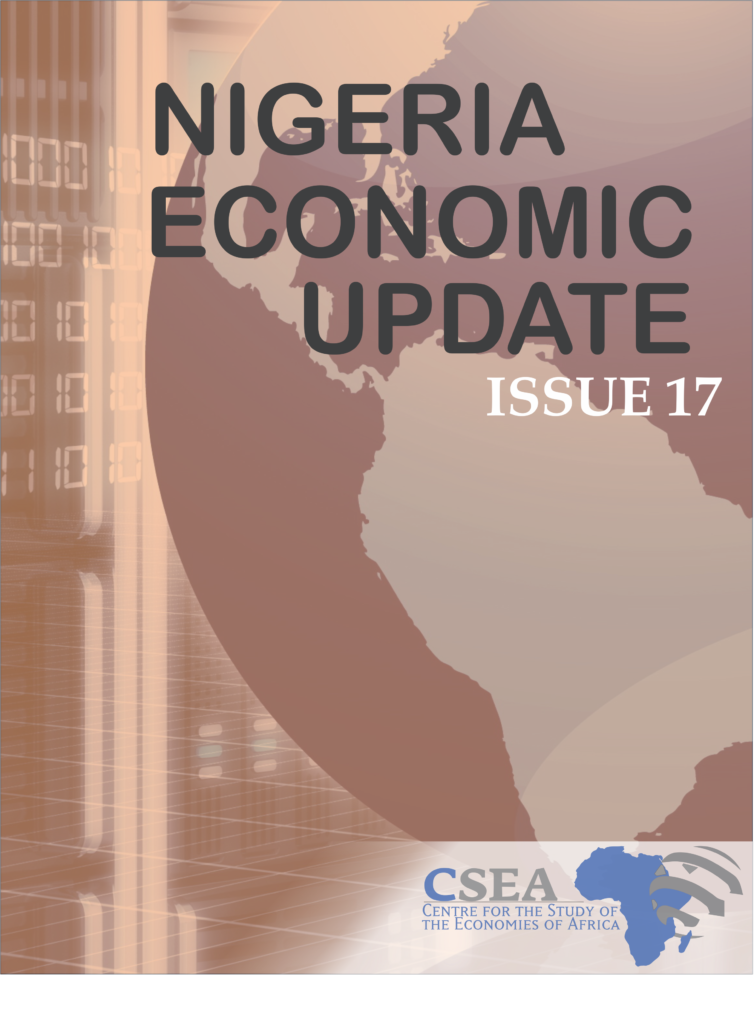Media highlights show that recent figures from the Nigeria Investment Promotion Council (NIPC) reveals a progressive inflow of capital into Nigeria. Specific figures indicate that Nigeria’s actual capital investment inflow stood at $84.3 billion as at 2018Q11, growing by 27 percent from the $66.4 billion recorded for the whole 2017 fiscal year. Notably, highlights suggest that the capital investment flows have been invested in 112 projects domiciled in 28 states in Nigeria, including the FCT. The increased capital inflow gives a fair sense of growing investors’ interest in the Nigerian economy, as well as their involvements in capital investment projects.
Macroeconomic Report & Economic Updates

May 31, 2018
Nigeria Economic Update (Issue 17)
Media highlights show that recent figures from the Nigeria Investment Promotion Council (NIPC) reveals a progressive inflow of capital into Nigeria. Specific figures indicate that Nigeria’s actual capital investment inflow stood at $84.3 billion as at 2018Q11, growing by 27 percent from the $66.4 billion recorded for the whole 2017 fiscal year. Notably, highlights suggest […]
Read →
Related
Nigeria Economic Update (Issue 2)
Recent ranking by the World Bank, portrayed Nigeria as having a poor business environment based on the ease of doing business in 2016. Although, Nigeria moved one position forward from previous (2015) ranking, to attain the 169th position out of the 190 global economies reviewed4. This poor rating is resultant of a myriad of factors, including: difficulties in starting a business, enforcing contracts, inaccessibility to credit, tax payment issues, as well as unreliable supply of energy, and labour market regulations. Going forward, improving the efficiency of tax administration by adopting the latest technology to facilitate the preparation, filling and payment of taxes will be beneficial for the business community.
Nigeria Economic Update (Issue 13)
Recent Data on Nigerias Real GDP growth rate
(Year-on-Year) declined by 0.73 percentage points, from 2.84 per cent in 2015Q3
to 2.11 percent in 2015Q4. The slowdown in economic growth was
largely driven by the decline in the performance of the oil sector which was
occasioned by the slump in crude oil prices and the slight drop in the volume
of crude oil produced. Specifically, compared to the 1.05 percent growth
recorded in 2015Q3, the oil sector witnessed a negative growth of 8.28 percent in 2015Q4.
